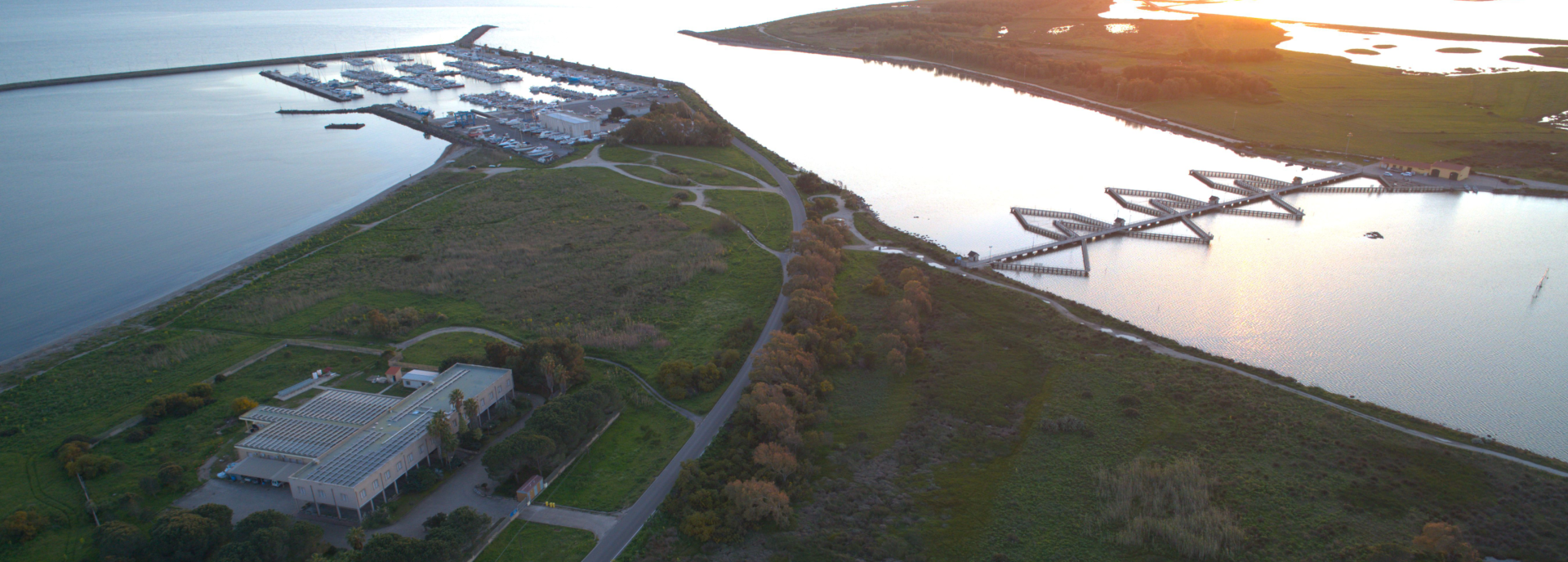The general focus of the Organismal Biology Group is the study of ecophysiology and movement of aquatic animals, particularly fish. The group works on a variety of species from different ecosystems, including coastal areas, lagoons and open sea. Most previous work has focused on fish locomotion within the context of predator-prey interactions and its ecological relevance. Specifically, extensive work has been carried out on the effect of environmental factors on fish physiology and behavior, on the escape response of fish and other animals, and on the mechanisms at the basis of collective animal behavior. At present, the group is investigating :
Fish ecophysiology and locomotion:
-
the effect of environmental factors (temperature, oxygen level, acidification) on fish energetics, behavior and swimming performance.
-
the effect of ageing on fish swimming performance.
-
the effect of polycyclic aromatic hydrocarbon on fish behaviour.
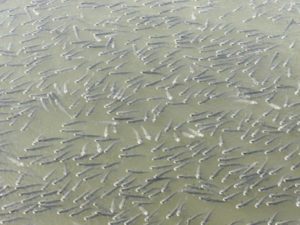 |
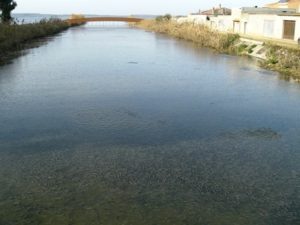 |
|
Mullets swimming on the surface in hypoxic water (Stagno di Cabras, Oristano) photo by Fabio Antognarelli |
|
Predator-prey interactions:
-
inter-individual variation in fish anti-predator behaviour and its link to swimming energetics and personality traits.
-
the effect of feeding on the anti-predator behavior in fish.
-
predator-prey interactions in the field: behavioral strategies used by large pelagic predators (orcas, sailfish and marlin) to attack their schooling prey.
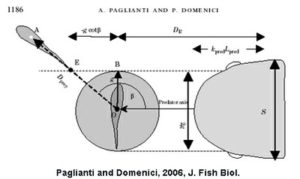 |
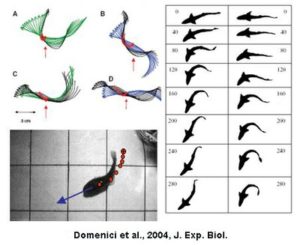 |
|
Behavioural models of predator-prey interactions |
Kinematics of anti-predator response
High speed video systems (1000 images per second) |
Collective animal behavior:
-
behavioral and physiological mechanisms at the basis of collective anti-predator maneuvers.
-
the energetics and swimming kinematics of schooling fish.
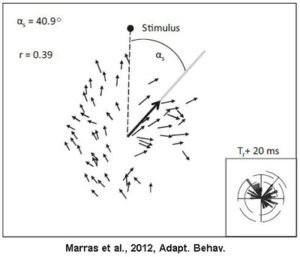 |
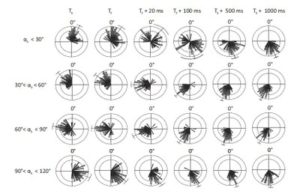 |
| Collective anti-predator maneuvers in schooling herring | |
